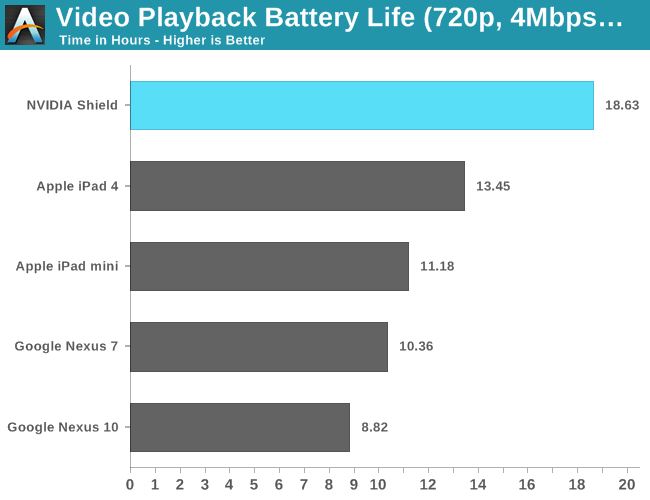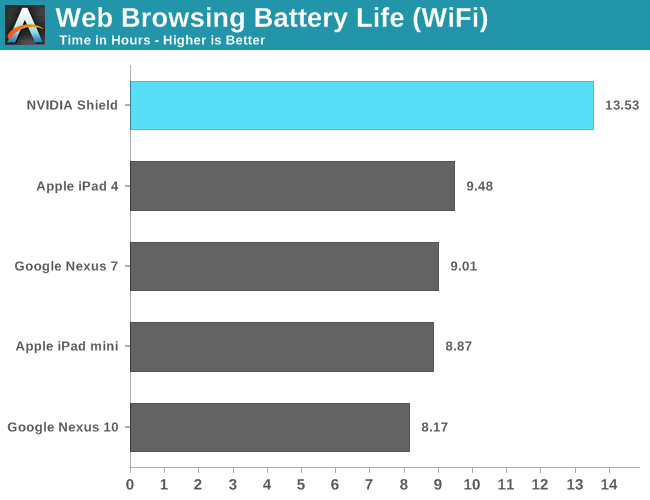D
Deleted member 13524
Guest
Except for the fact that nVidia showed TK1 Denver running Android almost 5 months ago.There's no reason to believe that Tegra K1-Denver will be ready before Cortex-A57 devices
nor does it seem likely that Google would pick a chip without integrated LTE for a Nexus device.
So far there's been only two Nexus devices with integrated baseband (Nexus One and Nexus 5). Only one with integrated LTE (Nexus 5).
Nexus S, Galaxy Nexus, Nexus 4, Nexus 7, Nexus 7 2013, Nexus 10 and Nexus Q -> none of these bundled a SoC with integrated LTE.
Why would Google become so picky with LTE for their next Nexus devices, even more if we're talking about tablets?
Hmm, it's Qualcomm, so I just assumed LTE was integrated, but now that you mention it, I don't know for sure. This page says the modem is a Qualcomm MDM9215M. Does that mean it's definitely discrete or could it be the name of the modem block in an SoC?
Snapdragon 600 doesn't have a built-in baseband processor. Snapdragon 800/801 does.
I also wonder why Google would make such a choice. I guess it means they can use the same app SoC and PCB in all versions and just leave a few components out of the LTE-less one. But it makes the LTE version sub-optimal.
Still, Tegra K1 + discrete LTE modem seems like an expensive proposition for a Nexus device, certainly compared to the S600 in the current model.
LTE would be useless for a new Nexus Q (FireTV competition).



